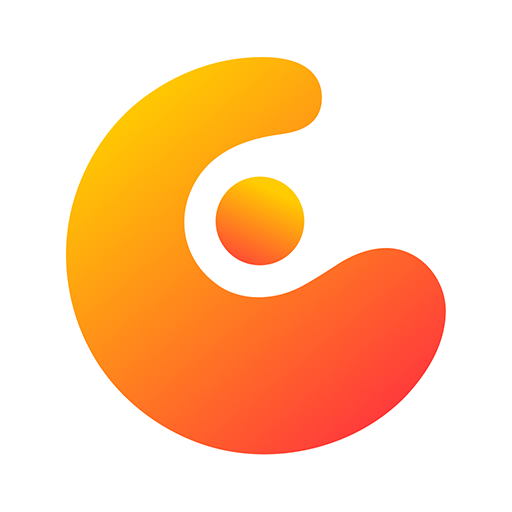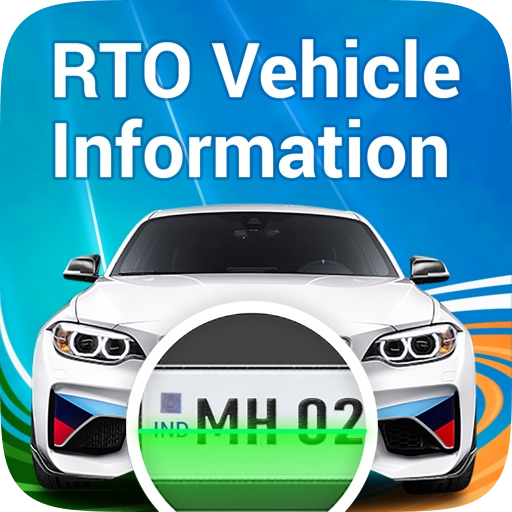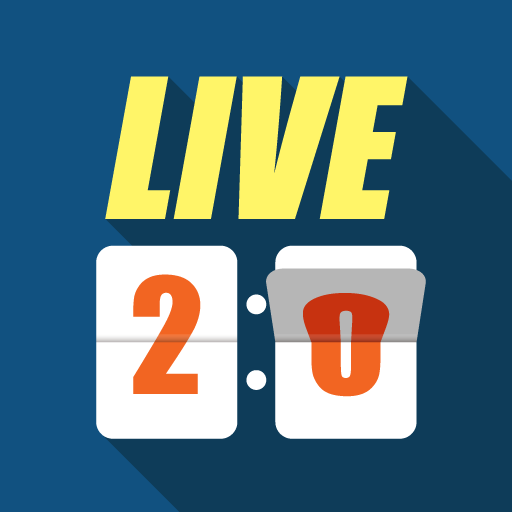Explosive Android Study: Google Cell Phones Shared 20 Times More Data Than Iphones
Description of Explosive Android Study: Google Cell Phones Shared 20 Times More Data Than Iphones
In a recent study, researcher Douglas J. Leith examined which and how many users data Android and Apple phones collect. His result is shocking: every 4.5 minutes, information is passed on to the parent companies, and a lot of data flows to Google in particular.
The report by IT professor Douglas Leith only consists of ten pages, but it contains sensitive information. Specifically, the paper is about Google and Apple, which collect their users' data via Android and iOS devices. In particular, Google does not come off well in the study by the researcher who works at Trinity College in Dublin.
According to Leith's report, both the examined iPhone 8 (iOS 13.6.1) and the analyzed Google Pixel 2 (Android 10) sent data to their manufacturers every 4.5 minutes. While the Apple device only sent just under 42 kilobytes to the server in question in the first ten minutes, the amount of data on the Android cell phone is said to have been around 1 megabyte.
This corresponds to about 20 times the amount.
Siri, Safari, Chrome: These apps secretly send data to Apple and Google
However, anyone who thinks Apple would be off the hook is wrong.
Because, as Leith found out, both the Android and the Apple cell phone transmitted information to their "mother ships" during sometimes banal user actions. For example, Google and Apple would have received data when the researcher inserted a SIM card into the respective smartphone. He didn't even have to open some pre-installed apps, let alone use them to send information to the respective tech companies.
Siri, Safari, and iCloud, for example, passed on information to Apple without any further action, according to the report; for Android phones, it was services such as Chrome, YouTube or Google Docs. In addition, according to Leith, MAC addresses from other devices in the network, such as a router, including GPS addresses were transmitted to Apple.
This in turn allows conclusions to be drawn about the user.
Google reacts angrily to study: "Methodological error"
Neither Google nor Apple simply wanted to accept the devastating results.
So Google explained to the portal "ArsTechnica": "We have found errors in the researcher's methodology for measuring the volume of data and contradict the claim of the paper that an Android gadget shares multiple times more information than an iPhone. According to our research, these results are correct order of magnitude off, and we shared our methodological concerns with the researcher prior to publication. "
Even modern cars would regularly send data on "vehicle components, their safety status, and service plans" to the relevant vehicle manufacturers. Smartphones, Google argues, would work in a similar way.
Apple describes Leith's study as flawed
Apple was similarly angry about Leith's study. A spokesman for the company said "ArsTechnica", Apple would give users transparency and control over the information collected. The company protects the privacy of its users, and Leith's report is simply flawed.The researcher, however, finds the results of his investigation questionable. Ultimately, data would be passed on to Google and Apple that could easily be linked to a user's name, email address or location. Leith's conclusion is therefore rather pessimistic. "Currently there are few realistic options - if at all - to prevent this data exchange," he writes.
Recent APPS
designkug.com © 2021 • About Us • DMCA Policy • Privacy Policy • Terms & Condition • Contact Us • Submit Apps













